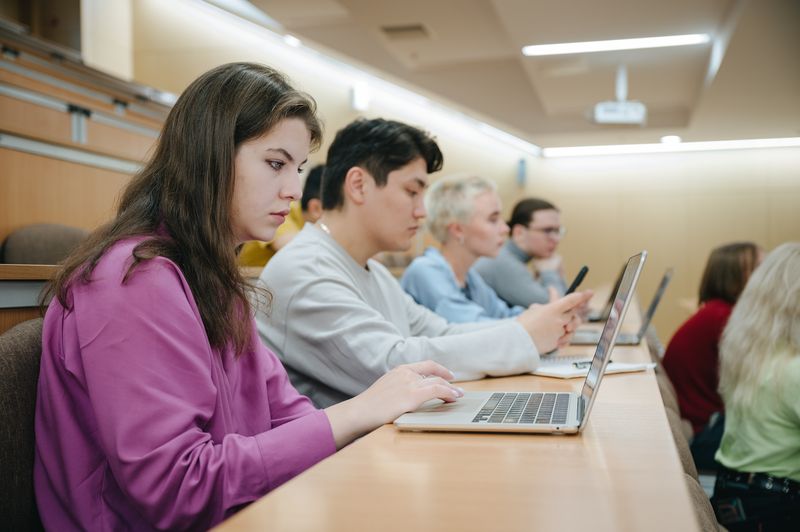
Faculty of Economic Sciences Holds Math BootCamps for Those Starting Bachelor’s and Master’s Degrees
More than 200 future bachelor’s and master’s students from around the world spent the last two weeks of summer improving their mathematical knowledge and honing their problem-solving skills. The free online classes have been held for the fourth year in a row. They allow first-year students not only to succeed in their studies, research, and project activities at HSE University’s Faculty of Economic Sciences (FES), but also to quickly integrate into the international community of students, graduates, and teachers.

‘Interest in the Application of Machine Learning in Bioinformatics Is Growing by the Year’
On August 28–30, HSE University’s Faculty of Computer Science held the 4th Summer School on Machine Learning in Bioinformatics. This year, 670 people registered for the event, and over 300 visited in person. The programme included lectures and seminars on various spheres of bioinformatics: applied bioinformatics and the bioinformatics of DNA, RNA, and proteins; elementary genomics; modern methods of data analysis and molecular biology. The lectures were complemented by practical tasks aimed at different levels of knowledge.

Demand for Master’s Degrees in Data Science Quadruples Since Last Year
According to analytics from HSE University’s online campus, the demand for the Master of Data Science online Master’s programme has quadrupled, and the number of applicants doubled compared to last year (more than 250 students). Data science ranks first in demand among all HSE master’s degree programmes taught online.

HSE Researchers Join Forces with Yandex Cloud to Develop a Neural Network for Predicting El Niño
A team of researchers from HSE University, jointly with the Yandex School of Data Analysis and Yandex Cloud, have developed a neural network for anticipating El Niño climate anomalies. The new algorithm enables more precise predictions of changes in the average surface temperature of oceanic waters that can trigger natural disasters in specific regions of the world. At present, the model is capable of predicting El Niño events one and a half years in advance, and the researchers are working towards extending the forecast period to two years.
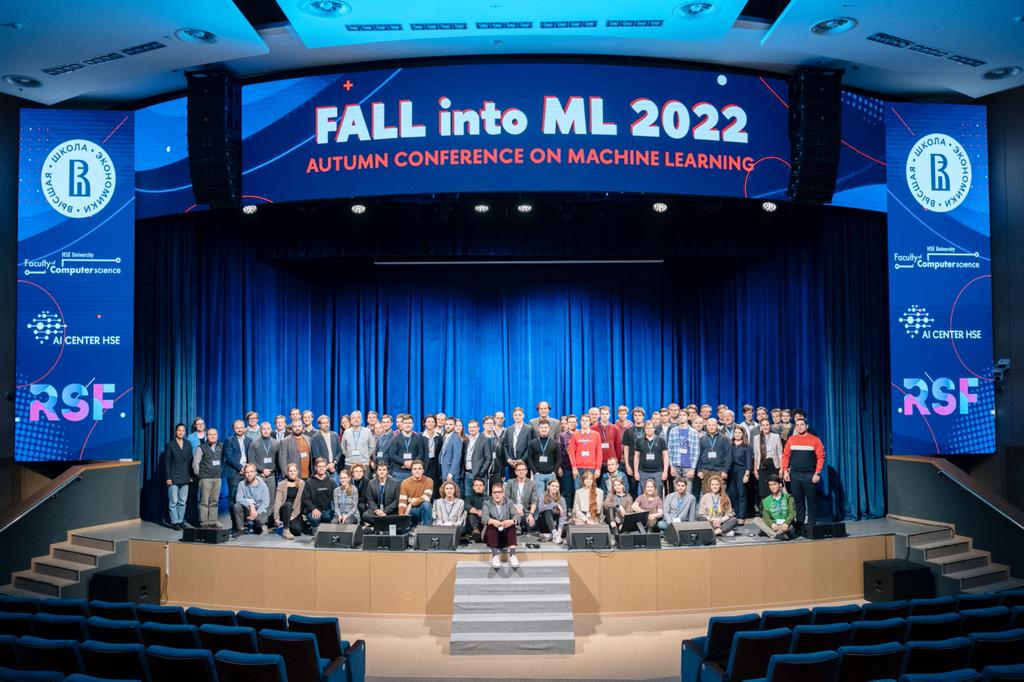
Fall into ML 2023: HSE University’s Faculty of Computer Science Organises Conference on Machine Learning
On October 26–28, HSE University’s Institute of Artificial Intelligence and Digital Sciences at the Faculty of Computer Science will hold a conference titled Fall into ML 2023 withsupport from the HSE University AI Research Centre . The event is dedicated to promising directions of fundamental AI development.
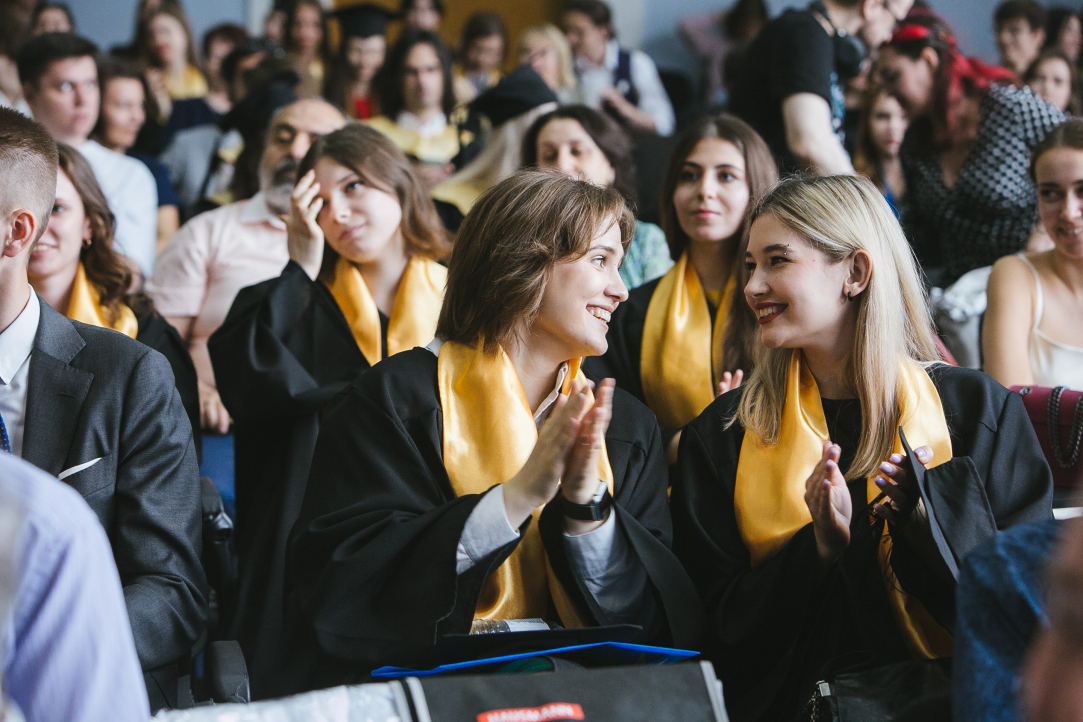
‘With the Skills That Our Graduates Receive, One Can Build a Career in a Variety of Fields’
Admission to HSE University’s paid and online Master’s programmes continues. Representatives of the English-language programmes Applied Statistics with Network Analysis and Environmental Economics and Sustainable Development told us about how the training goes, how students practice, and what graduates get as a result. Make sure to apply before September 15.
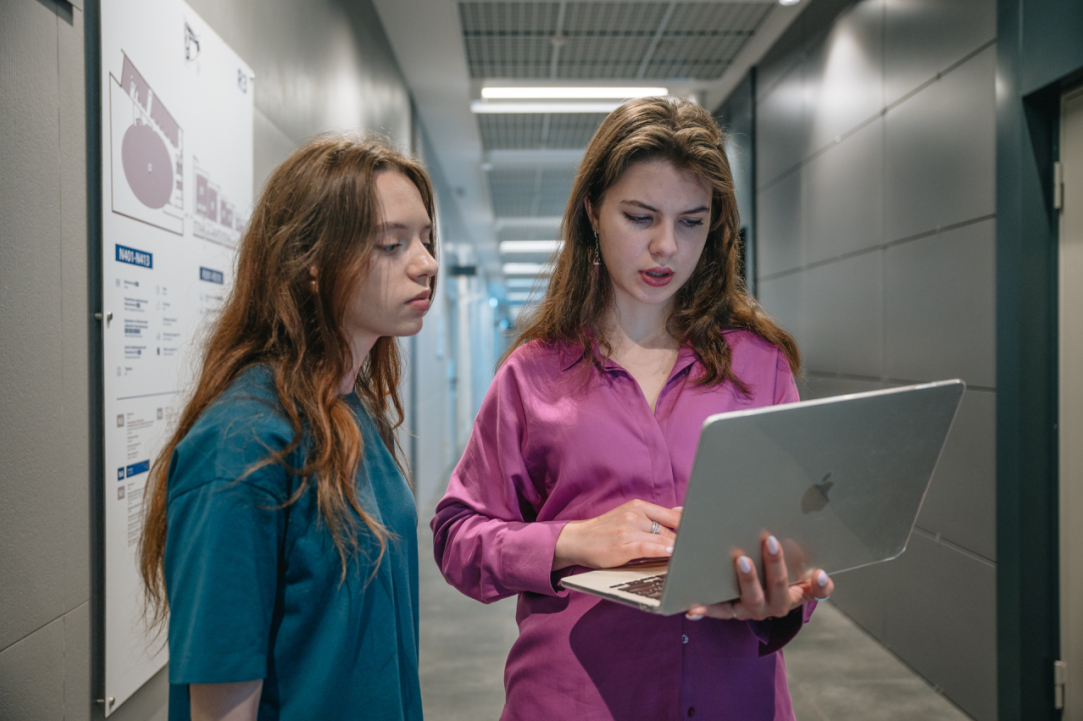
‘There Are Many Interesting Fields in Financial Analytics Today’
September 15 is the application deadline for HSE University’s English-taught online Master of Business Analytics programme. The programme trains a new kind of financial leader with an expanded range of competencies and skills. Modern challenges require professionals in this field to focus not only on money flows, but also on non-financial resources: intellectual, natural, social, and digital. Such resources set the tone of competition and determine the future of companies.

‘HSE University Is Located across 138 Buildings in Moscow—Eight of Them Are Cultural Heritage Sites’
On August 30, the plenary session ‘Creating a comfortable urban environment is a determining factor in the development of megacities’ was held at the Moscow Urban Forum. The speakers at the event were Deputy Mayor of Moscow Petr Biryukov, Deputy Minister of Natural Resources and Environment of the Russian Federation Dmitry Tetenkin, Deputy Minister of Construction, Housing and Communal Services of the Russian Federation Alexey Yeresko, and Vice Rector of HSE University Veronika Minina.
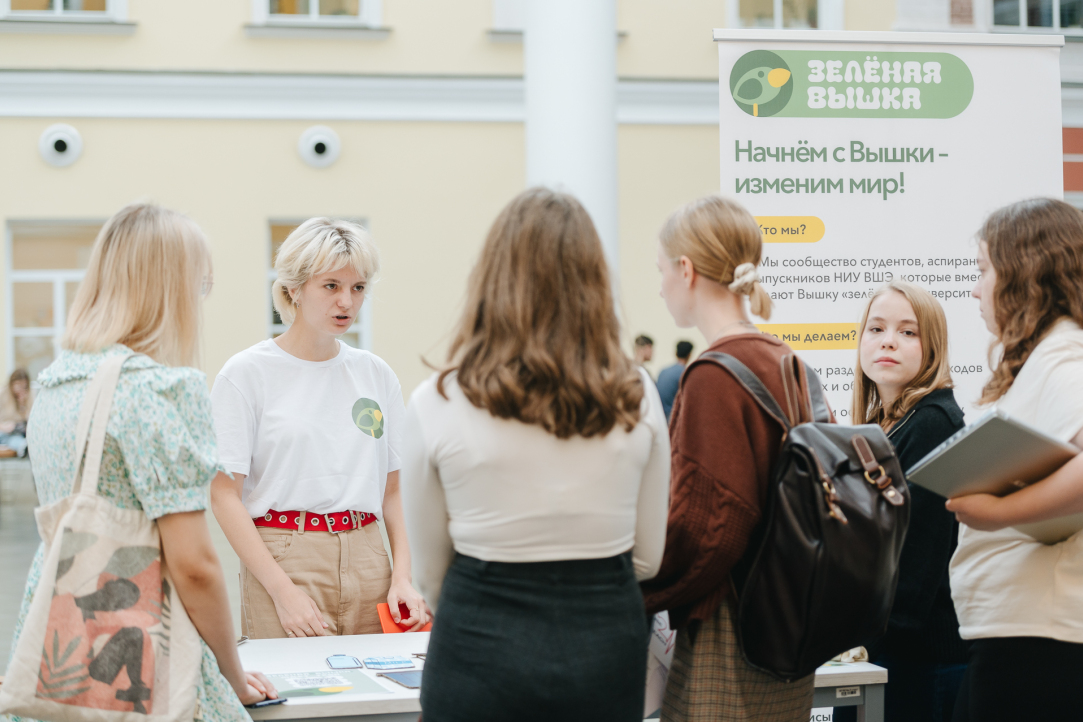
Service Learning Programme Launched at Russia’s Universities
On September 5th, which is the International Day of Charity, the Service Learning programme was launched at many of the country’s universities. HSE University hosted a meeting with deputy deans and faculty project managers, followed by a large NGO fair, where both students and HSE University staff got to know more about partner NGOs and planned further joint projects.
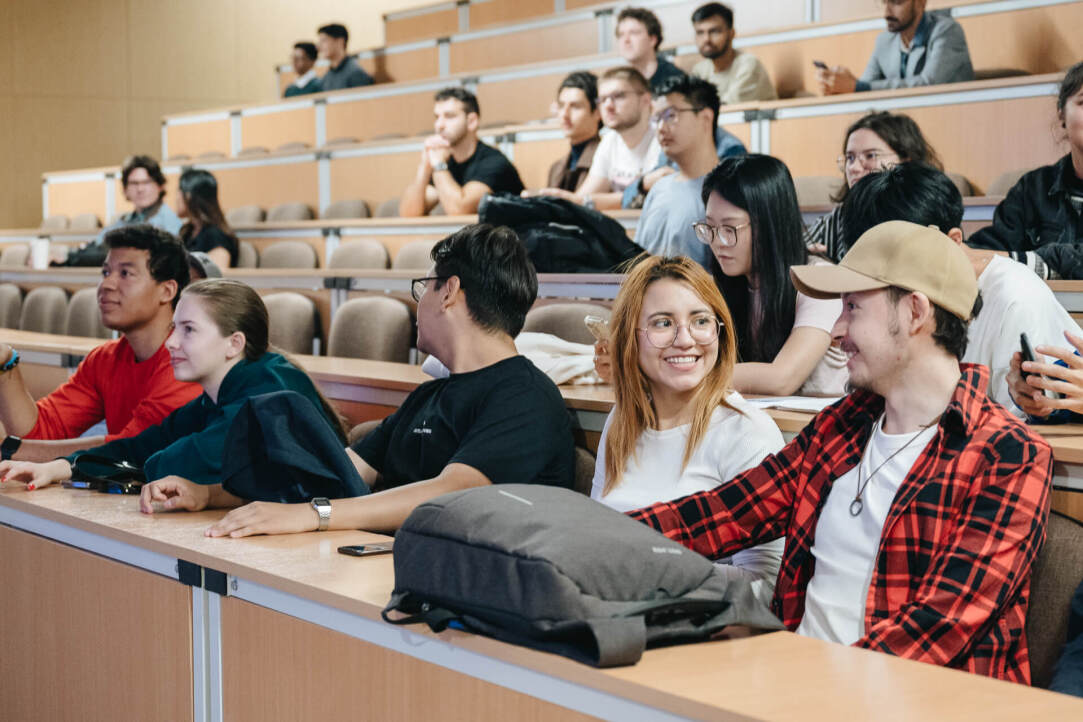
Orientation Sessions for International Students: ‘Being at HSE University Today is a Dream Come True’
HSE University’s Support and Career Centre for International Students and Alumni has held orientation sessions for incoming international students. During the meetings, the centre’s experts explained the visa and migration support available, talked about extracurricular student life, and gave tours of the campus and the city.

